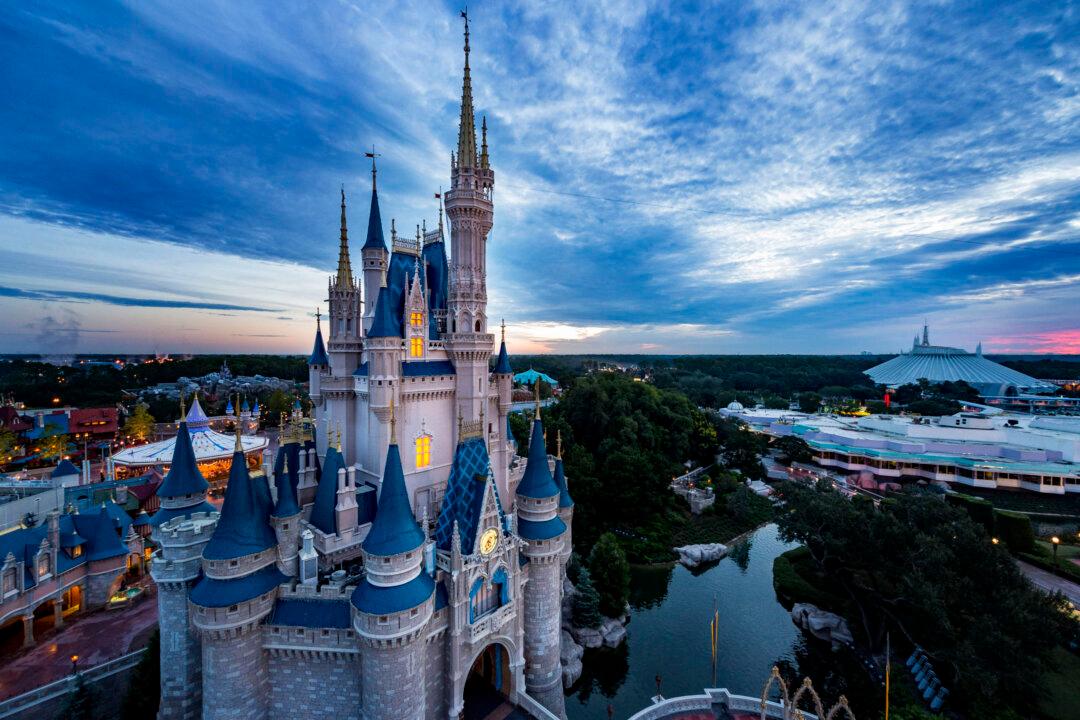On Forbes’ 2023 list of “America’s Best Employers for Diversity,” The Walt Disney Co. ranked No. 98, beating out such companies as Nike, Bank of America, and Netflix.
To compile the list of the top 500 companies, Forbes partnered with market research firm Statista to survey 45,000 American workers at companies with at least 1,000 employees. Participants were asked to anonymously rate their companies on criteria such as age, gender, ethnicity, disability, LGBT equality, and overall diversity.





